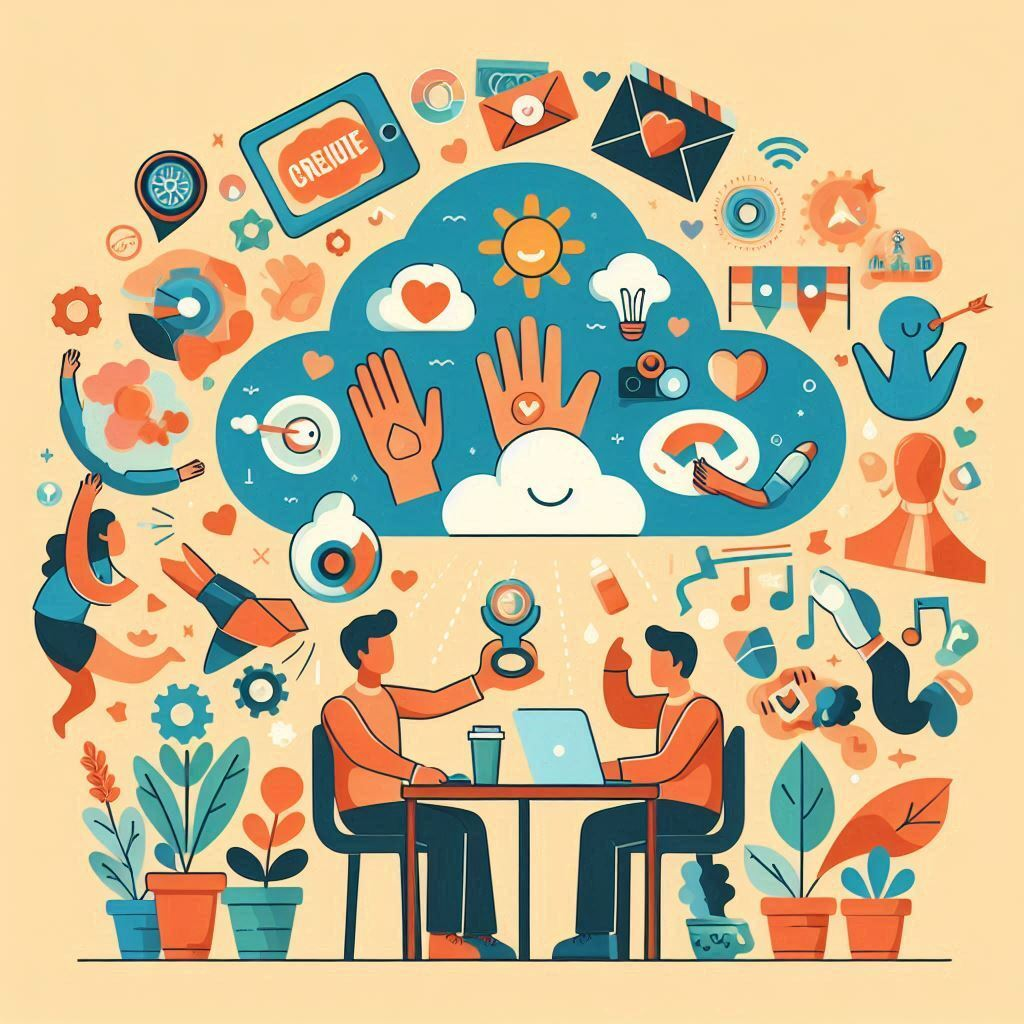
8 Tips for Developing Better Social Skills and Confidence
Building better social skills and confidence is essential for improving your interactions and relationships with others. Whether you’re looking to make new friends, network for professional opportunities, or simply feel more comfortable in social settings, the following tips will help you enhance your social life.
1. Practice Active Listening
- Engage Fully: Focus on what the other person is saying without planning your response while they’re talking.
- Show Interest: Use non-verbal cues, such as nodding and maintaining eye contact, to demonstrate that you are engaged.
- Ask Questions: Encourage deeper conversations by asking open-ended questions that require more than a yes or no answer.
2. Improve Your Body Language
- Maintain Eye Contact: This shows confidence and interest in the conversation.
- Use Open Postures: Avoid crossing your arms; instead, keep your body relaxed and open.
- Smile: A genuine smile can make you more approachable and invites others to engage with you.
3. Develop Empathy
- Put Yourself in Others’ Shoes: Try to understand situations from the perspective of others. This can help you respond more compassionately and appropriately.
- Acknowledge Feelings: Validate others’ emotions by acknowledging their feelings and showing that you care.
- Practice Kindness: Small acts of kindness can significantly enhance your relationships and encourage positive social interactions.
4. Expand Your Comfort Zone
- Try New Activities: Engage in activities that push you outside your comfort zone, such as joining clubs or attending social events.
- Set Small Goals: Start with achievable social goals, like talking to one new person at an event, and gradually increase the difficulty.
- Reflect on Experiences: After each social interaction, reflect on what went well and what could be improved for next time.
5. Enhance Your Communication Skills
- Work on Articulation: Practice speaking clearly and at a moderate pace. This helps convey your thoughts more effectively.
- Use Humor: Light-hearted humor can break the ice and make conversations more enjoyable.
- Be Concise: Aim to communicate your point clearly and succinctly to keep others engaged.
6. Build Self-Confidence
- Practice Self-Reflection: Identify your strengths and areas for improvement. Celebrate your achievements, no matter how small.
- Maintain a Positive Mindset: Challenge negative thoughts about your social abilities and replace them with affirmations of your strengths.
- Prepare for Social Situations: Think about potential topics of conversation and practice them in advance to feel more prepared.
7. Learn from Social Interactions
- Observe Others: Pay attention to how socially skilled individuals interact. Note their techniques and try to incorporate them into your style.
- Seek Feedback: Ask trusted friends or family for constructive feedback on your social interactions.
- Adapt and Adjust: Be flexible in your approach. If something doesn’t work, reflect on why and adjust accordingly for future encounters.
8. Cultivate a Supportive Network
- Surround Yourself with Positive People: Choose friends who uplift you and encourage your growth.
- Join Social Groups: Engage in community events, clubs, or online forums where you can meet like-minded individuals.
- Be Supportive: Build strong relationships by being there for others and showing that you value their presence.
Conclusion
Developing better social skills and confidence is a journey that takes time and practice. By implementing these 8 tips, you can enhance your interactions, build meaningful relationships, and foster a more fulfilling social life. Remember, every small step you take contributes to your overall growth in social situations. Embrace the process and enjoy connecting with others along the way!



